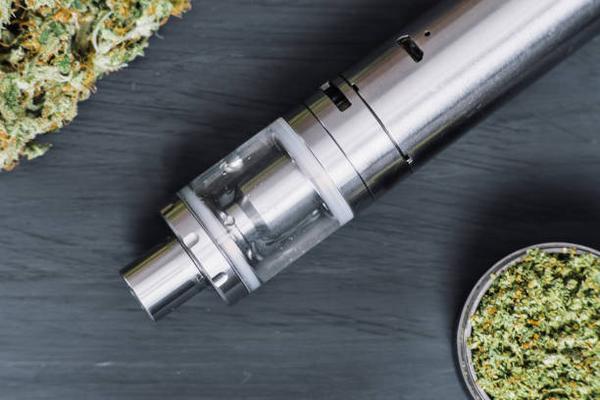Delta 8 and Delta 9 are two popular cannabinoids found in cannabis plants, each with its own unique properties and effects. While both compounds belong to the same family of cannabinoids, they differ in terms of their psychoactive potency and legality.
Delta 9 tetrahydrocannabinol (THC) is the most well-known cannabinoid and is responsible for the “high” that people experience when consuming cannabis. It is classified as a Schedule I controlled substance by the Drug Enforcement Administration (DEA) due to its psychoactive effects. On the other hand, Delta 8 THC is a less potent form of THC that has gained popularity in recent years for its milder psychoactive effects.
One of the main differences difference between delta 8 and delta 9 THC is their chemical structure. While both compounds have a similar molecular structure, Delta 8 has a double bond on the eighth carbon chain, whereas Delta 9 has it on the ninth carbon chain. This slight variation in structure results in differences in how these compounds interact with our endocannabinoid system.
In terms of potency, Delta 9 THC is known to be more potent than Delta 8 THC. This means that consumers may experience stronger psychoactive effects when consuming products containing Delta 9 compared to those containing Delta 8. However, some users prefer the milder effects of Delta 8 as it allows them to enjoy the therapeutic benefits of THC without feeling overwhelmed by its psychoactive properties.
Another important difference between these two cannabinoids is their legal status. While Delta-9 THC remains illegal at the federal level due to its high potency and psychoactive effects, Delta-8 THC exists in somewhat of a legal gray area. The passage of the Agriculture Improvement Act of 2018 (also known as the Farm Bill) legalized hemp-derived products containing less than 0.3% delta-9-THC on a dry weight basis.
This loophole has allowed companies to produce and sell products containing higher concentrations of delta-8-THC legally. However, some states have taken steps to ban or restrict delta-8 products due to concerns about their potential health risks and lack of regulation.
In conclusion, while both Delta-8 and Delta-9 THC are cannabinoids derived from cannabis plants, they differ in terms of potency, legal status, and potential health risks. Consumers should educate themselves about these variances before making informed choices about which cannabinoid best suits their needs and preferences.




